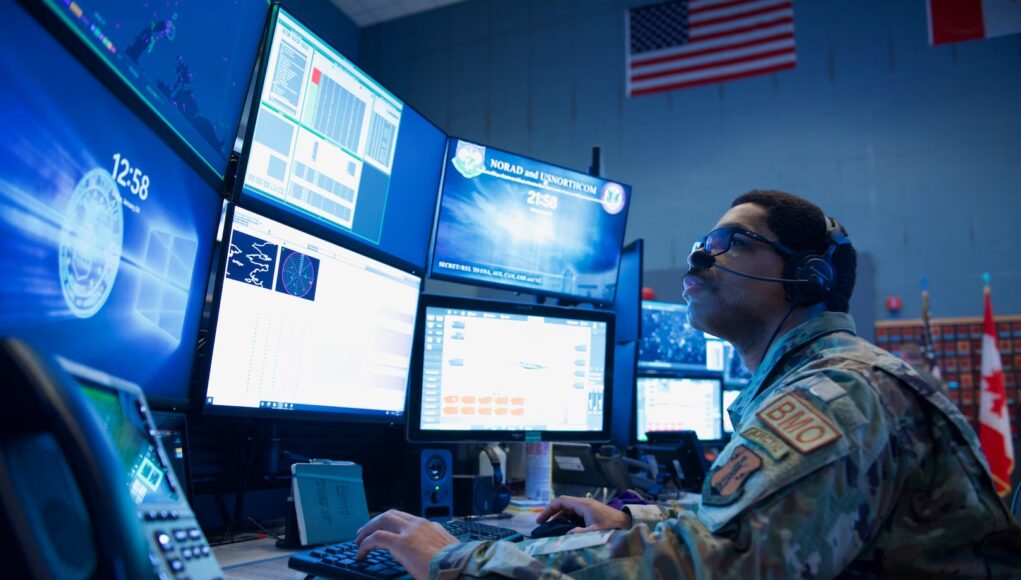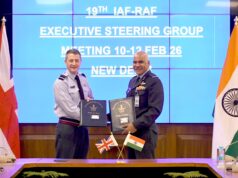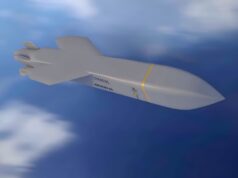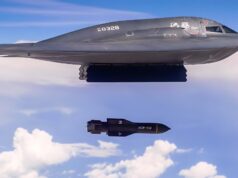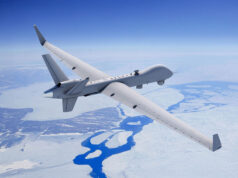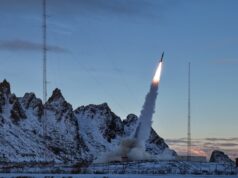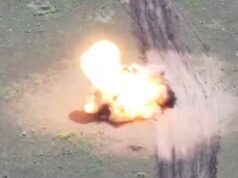Lockheed Martin’s Skunk Works division and Spanish tech company Arquimea have demonstrated a new artificial intelligence-based anomaly detection capability for intelligence, surveillance, and reconnaissance (ISR) platforms, according to a statement released by Lockheed Martin on 14 April.
The system, designed to work within electro-optical (EO) and infrared (IR) spectra, aims to enhance how ISR platforms detect unusual patterns or changes in the physical environment. According to the company, this AI-powered capability can significantly reduce the number of sensor scans required to identify deviations from expected behaviour, improving both efficiency and early warning potential.
In a recent demonstration, the partners simulated a small uncrewed air system (UAS) operating in a jungle environment. Using neural networks trained on “episodic memories”, the AI system generated unique perspectives—even from angles it had not previously encountered—and compared them to stored data to flag anomalies such as hidden threats or environmental changes.
Lockheed Martin stated the technology has broad applicability, including disaster response, environmental monitoring, pollution detection, and safety systems. The capability is also intended to support more advanced decision-making by enabling autonomous systems to handle previously unseen situations, part of a broader effort to develop “trustworthy AI” for defence applications.
“Our work with Arquimea is on a pivotal research and development initiative,” said Emanuele Serafini, vice president for West Europe at Lockheed Martin. “We’re driving advancements in artificial intelligence and machine learning that support Spain’s role in these cutting-edge technologies.”
According to Lockheed Martin, the system moves beyond conventional image comparison by using machine learning to analyse changes across different data sets. It also supports applications in autonomous flight, search algorithms, and crewed-uncrewed teaming.
Looking ahead, the two companies plan to expand the AI system’s utility to additional sensors and autonomous decision-making systems later in 2025.
“Skunk Works is dedicated to enabling crewed-uncrewed teaming to optimise operational flexibility, abbreviate data-to-decision timelines and improve pilot safety,” said OJ Sanchez, vice president and general manager of Skunk Works.
The announcement highlights Lockheed Martin’s ongoing investment in dual-use technologies and international collaborations aimed at advancing AI-driven capabilities for defence and aerospace sectors.


